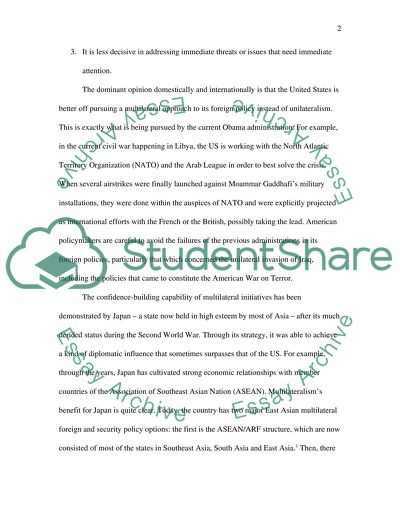Cite this document
(“Should the U.S. emphasize multilateral over unilateral initiatives in Research Paper”, n.d.)
Retrieved from https://studentshare.org/family-consumer-science/1413954-should-the-us-emphasize-multilateral-over
Retrieved from https://studentshare.org/family-consumer-science/1413954-should-the-us-emphasize-multilateral-over
(Should the U.S. Emphasize Multilateral over Unilateral Initiatives in Research Paper)
https://studentshare.org/family-consumer-science/1413954-should-the-us-emphasize-multilateral-over.
https://studentshare.org/family-consumer-science/1413954-should-the-us-emphasize-multilateral-over.
“Should the U.S. Emphasize Multilateral over Unilateral Initiatives in Research Paper”, n.d. https://studentshare.org/family-consumer-science/1413954-should-the-us-emphasize-multilateral-over.


